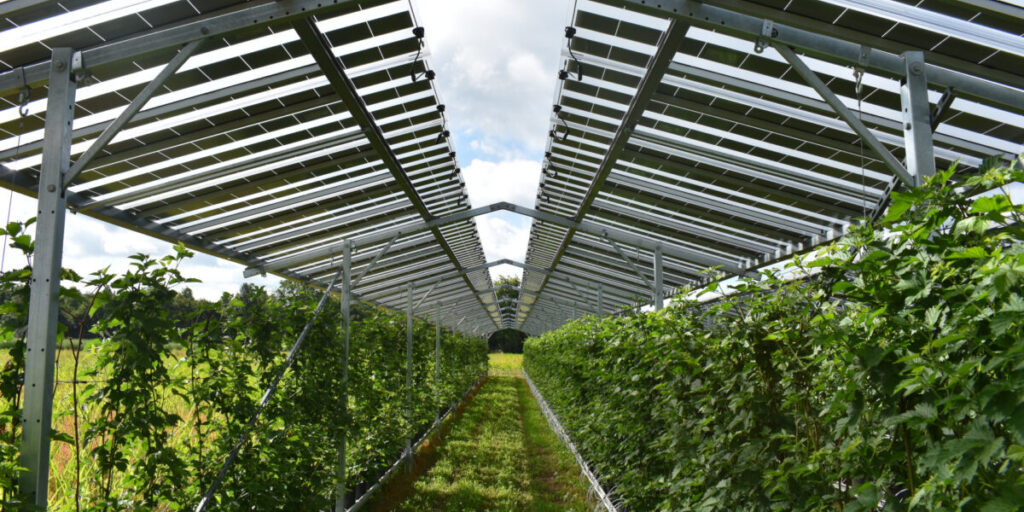From pv magazine USA
A study conducted at the University of Western Ontario compared both large and small solar installations and concluded that small-scale solar systems are better for the environment than even the largest, most efficient, utility-scale solar projects.
Solar is scaling up in the United States and Canada in part because solar energy is the lowest-cost form of new-build electricity in many markets, according to an energy and resources report by Ernst & Young. It notes that the global weighted average levelized cost of electricity (LCOE) for solar is 29% lower than the cheapest fossil fuel alternative.
To eliminate carbon emissions and meet national clean energy goals, many more solar panels must be installed. A study that looked at the agrivoltaic potential in Canada predicted that it would need only 1% of the nation's agricultural land to offset all fossil fuels for electricity generation. While this is a modest amount of land, the researchers at University of Western Ontario questioned whether it is better for the environment to have a few large-scale solar farms or many smaller rooftop systems.
Popular content
The lifecycle analysis study conducted by Riya Roy and Joshua M. Pearce compared rooftop solar systems to multi-megawatt utility-scale solar PV systems, from production to decommissioning. The researchers found that rooftop solar systems require 21% to 54% less input energy, make 18% to 59% less carbon dioxide equivalent of greenhouse gas emissions, and consume a lower quantity of water, ranging from 1% to 12% per kilowatt-peak.

To continue, please visit our pv magazine USA website.
This content is protected by copyright and may not be reused. If you want to cooperate with us and would like to reuse some of our content, please contact: editors@pv-magazine.com.



1 comment
By submitting this form you agree to pv magazine using your data for the purposes of publishing your comment.
Your personal data will only be disclosed or otherwise transmitted to third parties for the purposes of spam filtering or if this is necessary for technical maintenance of the website. Any other transfer to third parties will not take place unless this is justified on the basis of applicable data protection regulations or if pv magazine is legally obliged to do so.
You may revoke this consent at any time with effect for the future, in which case your personal data will be deleted immediately. Otherwise, your data will be deleted if pv magazine has processed your request or the purpose of data storage is fulfilled.
Further information on data privacy can be found in our Data Protection Policy.